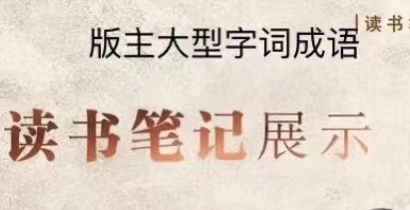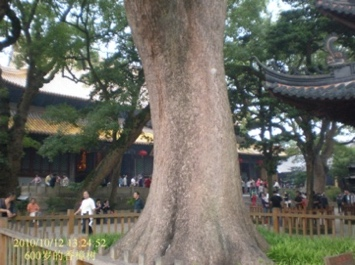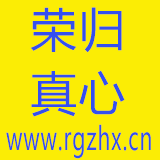the /元音前 ði:, 辅音前 ðə/ art. 1.指特定的人或事物:What is the title of the book? 这本书名叫什么? Close the window, please.请把窗户关上。 2.指独一无二的事物:the sun 太阳; the moon 月亮; the earth 地球; the world 世界 3.用于表述自然界现象的名词 sky, sea, wind等之前: There was no cloud in the sky. 天空上没有云。 The sea was calm.海上风平浪静。 4.用于乐器名称前:play the piano 弹钢琴;play the violin 拉小提琴 5.用于可数名词sing.前表示类别、泛指,也可以是特指:The horse is a useful animal. 马是有用的动物。I like the horse in the front.我喜欢前面的那匹马。 6.用于集合名词前,指一个整体:the people 人民;the public 公众 7.用于姓的pl.前,指全家人或家中一些人:The Wangs have moved into the new house. 王家搬入新居。 8.用于河流、运河、海洋、湖泊的名词前: the Yangtze River长江;the Suez (Canal) 苏伊士运河;the Pacific (Ocean) 太平洋 9.用于山脉名称或复数形式的地名前:the Tian Shan Mountains 天山山脉;the Philippines 菲律宾 10.用于某些由普通名词构成的国名前:the People’s Republic of China 中华人民共和国;the United States of America 美国 11.用于船舶、旅馆、剧院、建筑物名称前:the Queen Maria 玛丽皇后号;the British Museum 英国博物馆 12.用于某些报纸杂志等名称前:the People’s Daily 人民日报;The Times 泰晤士报 13.用于形容词前,使之成为抽象名词或具体事物的名词:the pure, the good and the beautiful 真、善、美 14.用于形容词或分词前,表示一类人:the living and the dead 生者和死者;the old and the young 老人和青年;the wounded 伤员 15.用于形容词最高级前,有时也用于比较级前:That is the highest mountain in the world. 那是世界上最高的山。Tom is the elder of the two brothers. 这两人中汤姆年龄较大。16.用于逢十的数词pl.形式前,指世纪中的特定年代或人的大约年龄:in the seventies of the twentieth century 在20世纪70年代;a man in the fifties 一个50多岁的人 the… the… 越…就越…:The more he reads, the more he understands.他读书越多,了解越多。The sooner, the better. 越快越好。
热门文章
-
字词成语读书笔记(万字汉语词汇工具书)
2023-04-13 -
《大树的情怀》个人回忆目录
2023-04-18 -
简明中国通史故事 (180篇)
2023-04-13 -
《中国通史故事》目录
2023-04-17 -
融贯中西/荣归真心主要作者介绍
2023-04-13









